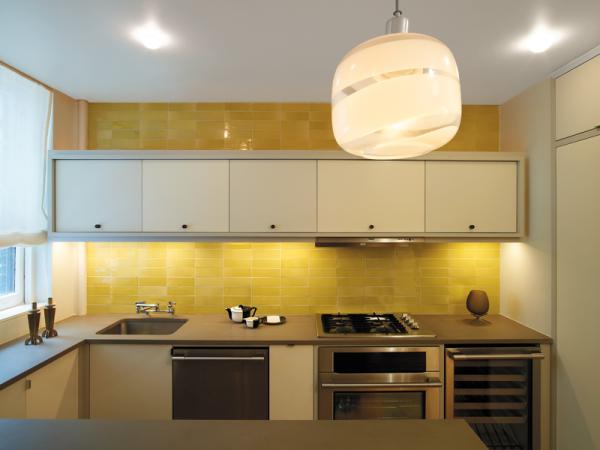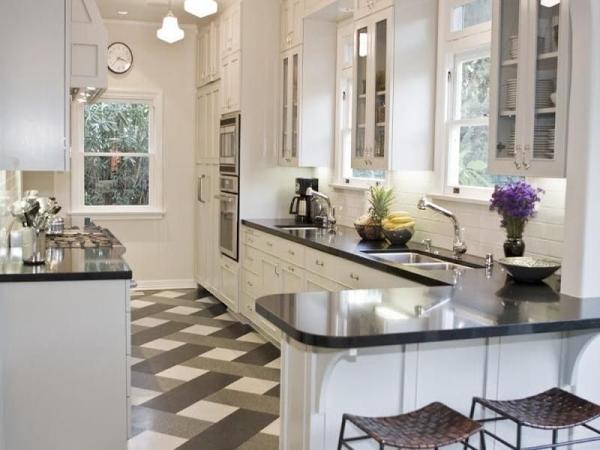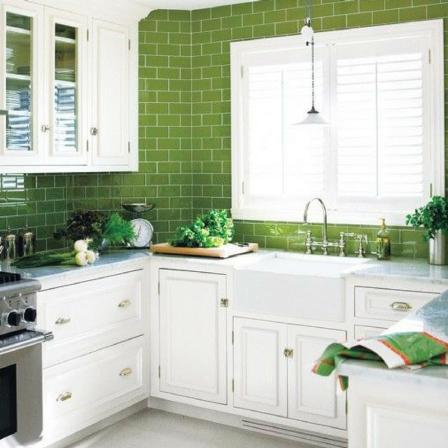When it comes to selecting flooring options for your business, factors such as durability, maintenance, and cost are crucial considerations. Among the various choices available, ceramic tiles and vinyl flooring are two popular options that merit a closer examination. This article will delve into the features of ceramic tiles and vinyl flooring, allowing you to make an informed decision for your space. 1. Durability: Ceramic tiles: Ceramic tiles are renowned for their exceptional durability. They are resistant to scratches, dents, and stains and can withstand high foot traffic without losing their charm. Ceramic tiles are also resistant to moisture, making them an ideal choice for areas prone to spills or humidity. Proper installation ensures long-term durability, making ceramic tiles a sound investment for businesses. Vinyl flooring: Vinyl flooring is also highly durable and capable of withstanding heavy foot traffic.
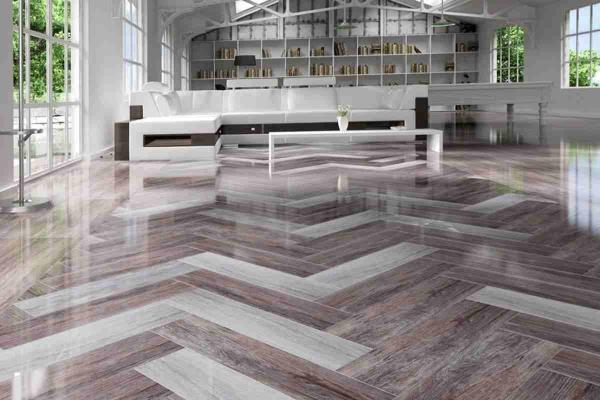
.
 However, it may not be as resistant to scratches and stains as ceramic tiles. Vinyl flooring is susceptible to damage from sharp objects or heavy items being dropped on its surface. Although vinyl flooring can be replaced in damaged areas, it may require more maintenance and repair compared to ceramic tiles. 2. Maintenance: Ceramic tiles: Maintaining ceramic tiles is relatively straightforward. Regular sweeping or vacuuming, followed by mopping with a mild detergent, will keep them clean and free from dirt and debris. Additionally, ceramic tiles are highly resistant to fading, allowing them to maintain their color and luster for extended periods. However, grout lines between tiles may require occasional resealing to prevent staining. Vinyl flooring: Vinyl flooring is easy to clean and maintain. Regular sweeping or vacuuming, followed by damp mopping, is usually sufficient to keep it looking pristine.
However, it may not be as resistant to scratches and stains as ceramic tiles. Vinyl flooring is susceptible to damage from sharp objects or heavy items being dropped on its surface. Although vinyl flooring can be replaced in damaged areas, it may require more maintenance and repair compared to ceramic tiles. 2. Maintenance: Ceramic tiles: Maintaining ceramic tiles is relatively straightforward. Regular sweeping or vacuuming, followed by mopping with a mild detergent, will keep them clean and free from dirt and debris. Additionally, ceramic tiles are highly resistant to fading, allowing them to maintain their color and luster for extended periods. However, grout lines between tiles may require occasional resealing to prevent staining. Vinyl flooring: Vinyl flooring is easy to clean and maintain. Regular sweeping or vacuuming, followed by damp mopping, is usually sufficient to keep it looking pristine.
..
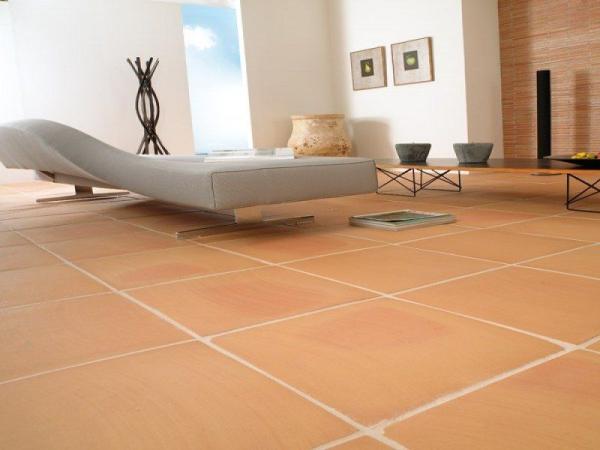 Vinyl flooring is also resistant to water and stains, making it an excellent choice for businesses in industries such as healthcare or hospitality, where spills are frequent. However, certain detergents or abrasive cleaners can damage the surface, requiring caution when choosing cleaning products. 3. Cost: Ceramic tiles: Ceramic tiles typically have a higher upfront cost compared to vinyl flooring. The cost includes the price of materials as well as professional installation, as precise measurements and expertise are required for proper installation. However, the long lifespan and durability of ceramic tiles make them a cost-effective choice in the long run. Vinyl flooring: Vinyl flooring is generally more cost-effective upfront compared to ceramic tiles.
Vinyl flooring is also resistant to water and stains, making it an excellent choice for businesses in industries such as healthcare or hospitality, where spills are frequent. However, certain detergents or abrasive cleaners can damage the surface, requiring caution when choosing cleaning products. 3. Cost: Ceramic tiles: Ceramic tiles typically have a higher upfront cost compared to vinyl flooring. The cost includes the price of materials as well as professional installation, as precise measurements and expertise are required for proper installation. However, the long lifespan and durability of ceramic tiles make them a cost-effective choice in the long run. Vinyl flooring: Vinyl flooring is generally more cost-effective upfront compared to ceramic tiles.
…
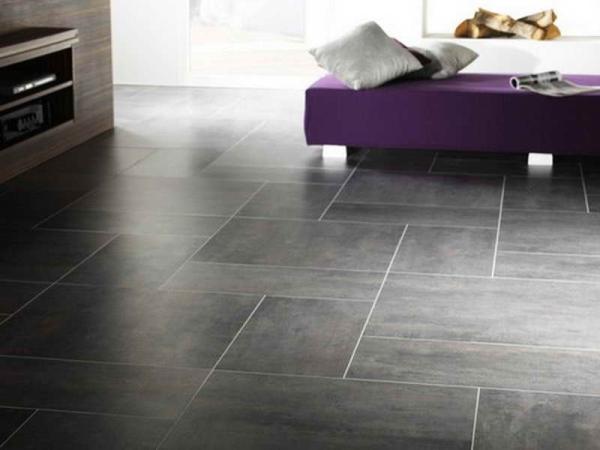 It can be installed with ease, reducing both material and labor costs. However, the overall lifespan of vinyl flooring may be shorter compared to ceramic tiles, potentially necessitating replacement sooner. Conclusion: Choosing between ceramic tiles and vinyl flooring for your business ultimately depends on your specific needs. Ceramic tiles offer unparalleled durability and timeless elegance but come with a higher upfront cost. On the other hand, vinyl flooring is cost-effective and easy to maintain, making it a popular choice for businesses with high foot traffic and frequent spills. By considering factors such as durability, maintenance, and cost, you can make an informed decision to ensure your business flooring is a wise investment that suits your requirements.
It can be installed with ease, reducing both material and labor costs. However, the overall lifespan of vinyl flooring may be shorter compared to ceramic tiles, potentially necessitating replacement sooner. Conclusion: Choosing between ceramic tiles and vinyl flooring for your business ultimately depends on your specific needs. Ceramic tiles offer unparalleled durability and timeless elegance but come with a higher upfront cost. On the other hand, vinyl flooring is cost-effective and easy to maintain, making it a popular choice for businesses with high foot traffic and frequent spills. By considering factors such as durability, maintenance, and cost, you can make an informed decision to ensure your business flooring is a wise investment that suits your requirements.
